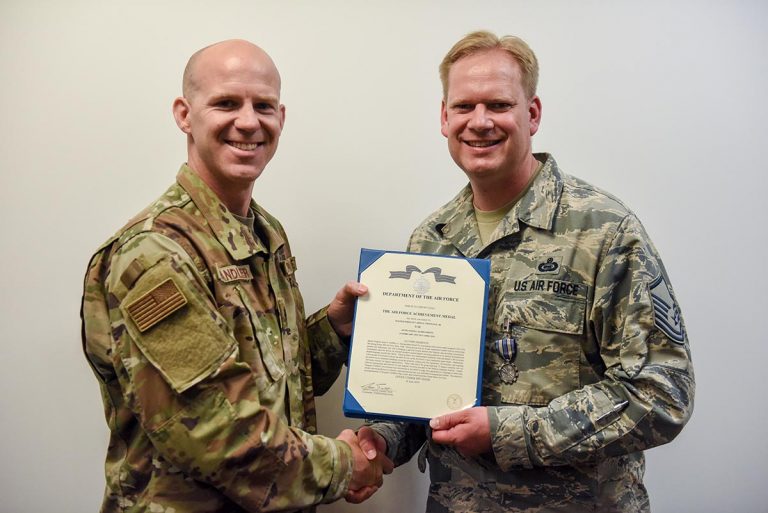
This degree can help you go further with your career while you're enlisted and once you are discharged.

Īnother benefit of training at the Defense Language Institute is the potential to earn an associate's degree if you transfer 15 non-language credits from another accredited institution.
Linguist jobs military full#
In fact, the soldiers are paid a full salary and provided housing and benefits, including a retirement plan, while attending school. The Army trains soldiers at its Defense Language Institute at no cost to the recruits. So what if you're not fluent in any languages other than English, and you're still interested in becoming a linguist? Because there's a high demand for linguists in every aspect of foreign military exchanges, including intelligence, negotiations, special operations and more, even if you have no previous training, the Army is still interested in you if you have a knack for learning languages. In addition to the standard benefits you would receive as a soldier, as a linguist you would also qualify for Foreign Language Proficiency Pay, which could add an additional $400 to $1,000 a month to your paycheck for each language you're proficient in. If you meet the criteria for one of the many positions under the linguist umbrella, the Army will pay you well for your skills. So, if you're already fluent in multiple languages - or you're adept at learning new ones - a career as an Army linguist may be just what you're looking for.Ĭommunicating with citizens of other countries and understanding their culture is paramount to many of the Army's efforts - not just in its defensive operations, but in its humanitarian missions, as well. Army will pay you to do just that? As an Army linguist, you could get paid to learn one of 24 different languages, as well as travel to several foreign countries to serve as a translator or a cryptologist. I made out okay.Wouldn't you love to get paid to go to school to learn a language and then travel the world with your new-found knowledge? Did you know the U.S. But when I took my DLAB waaay back in the 90s, I didn’t even know I was taking it (or even what it was) until they pulled me off a couch in the waiting area of MEPS and sat me alone in an office cubicle with my booklet, two pencils, a cassette tape player, and some skullcrushing Cold War era headphones. There are a number of study guides for the DLAB. But, that was not considered low density… Having said that, the last class I was in at DLI graduated two (2) people. DLI-W is where you would learn low density languages languages that don’t require the same level of graduation output as the “mainline” languages taught in Monterey. The Defense Language Institute, Foreign Language Center, Presidio of Monterey, CA (DLIFLCPOMCA) and DLI-Washington, in Washington, DC, (what we used to call DLI-East) are those two schoolhouses. Courtesy of DLI-Washingtonįoreign language training for the military occurs at two main installations, and DLAB is your ticket to ride.

Cat IIIs include Russian, Farsi, and Thai. Cat Is include stuff like French and Spanish - among others. IV being “more difficult” for a native English speaker to learn. I being “easier” for a native English speaker to learn. The higher your score, the higher the Category (or, Cat)… thus, the more difficult the language the military feels like they can trust you to pass. Those scores will either disqualify you, or qualify you for a Category or “level” of language. The DLAB’s scoring is broken down into five tiers. On the commissioned side, Foreign Area Officers (FAOs) have to pass the DLAB. And within that, they will be dominantly Human Intelligence (HUMINT) and Signal Intelligence (SIGINT) jobs - since speaking directly to non-native English speakers or listening to their communications traffic pretty much means you need to be able to function in something other than English. For the most part, those jobs are going to be Intelligence jobs.


 0 kommentar(er)
0 kommentar(er)
